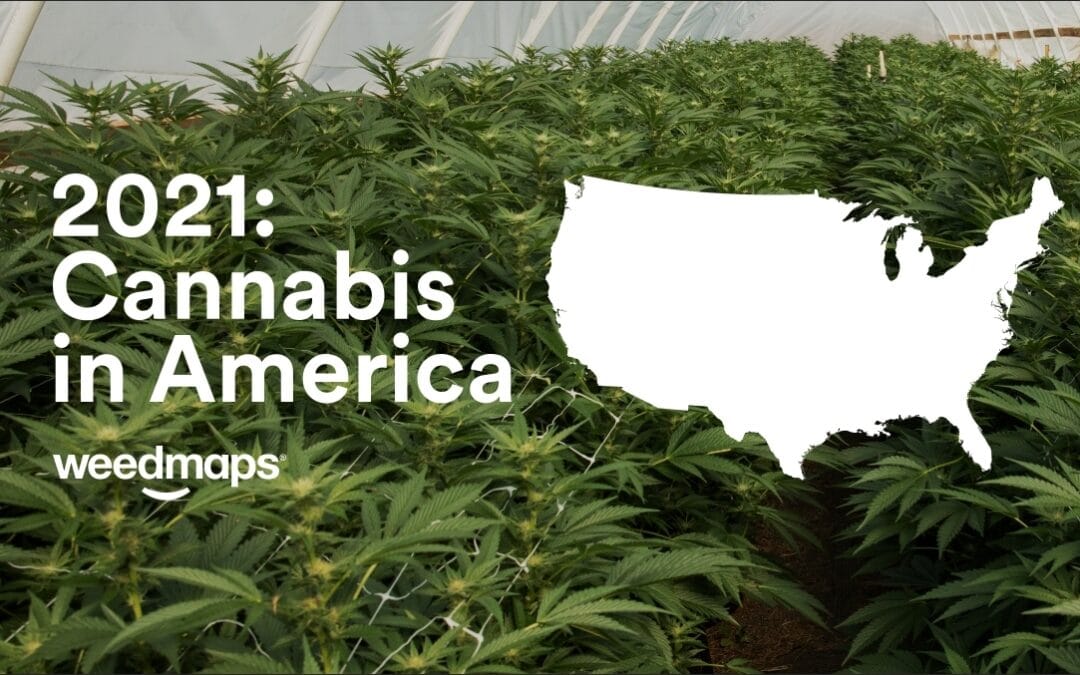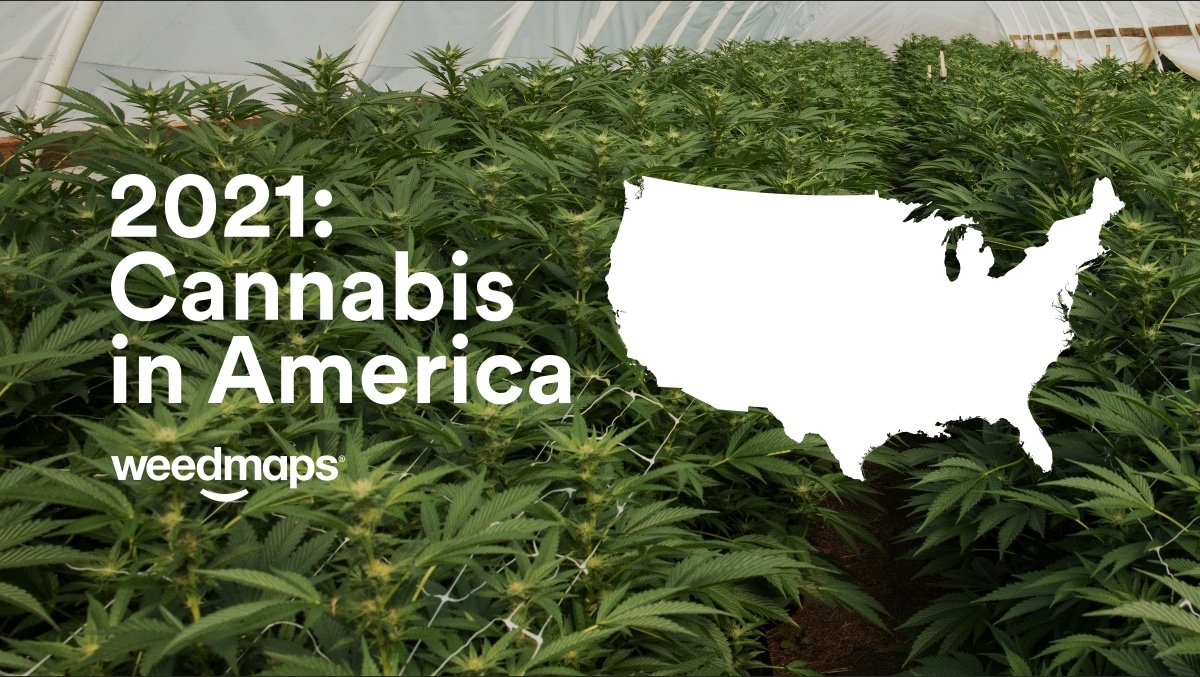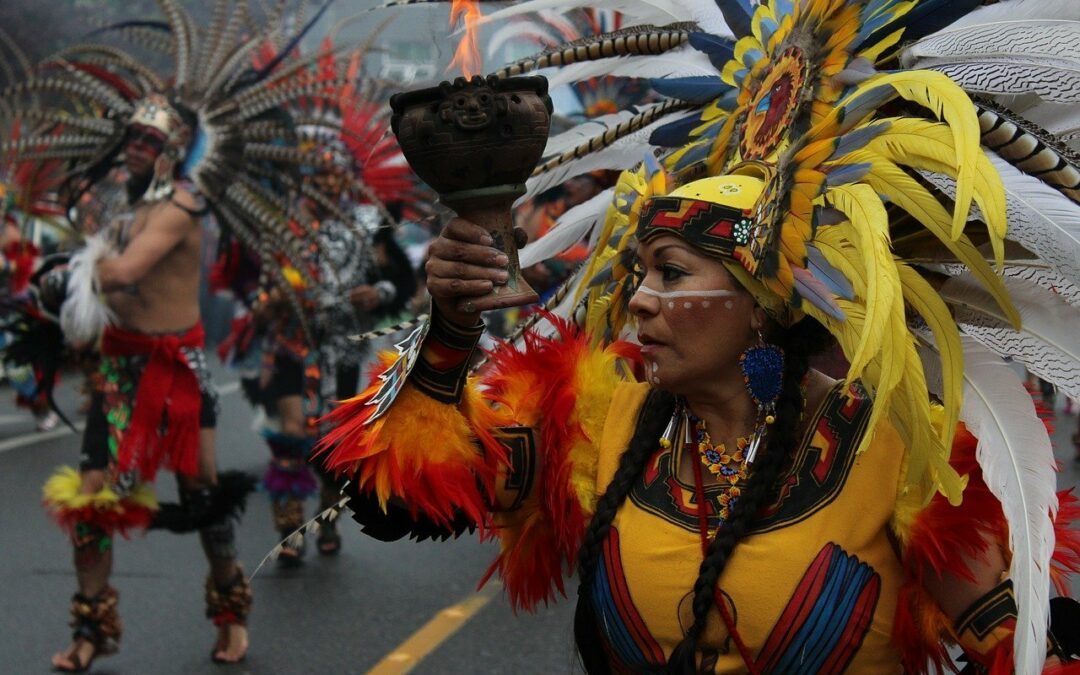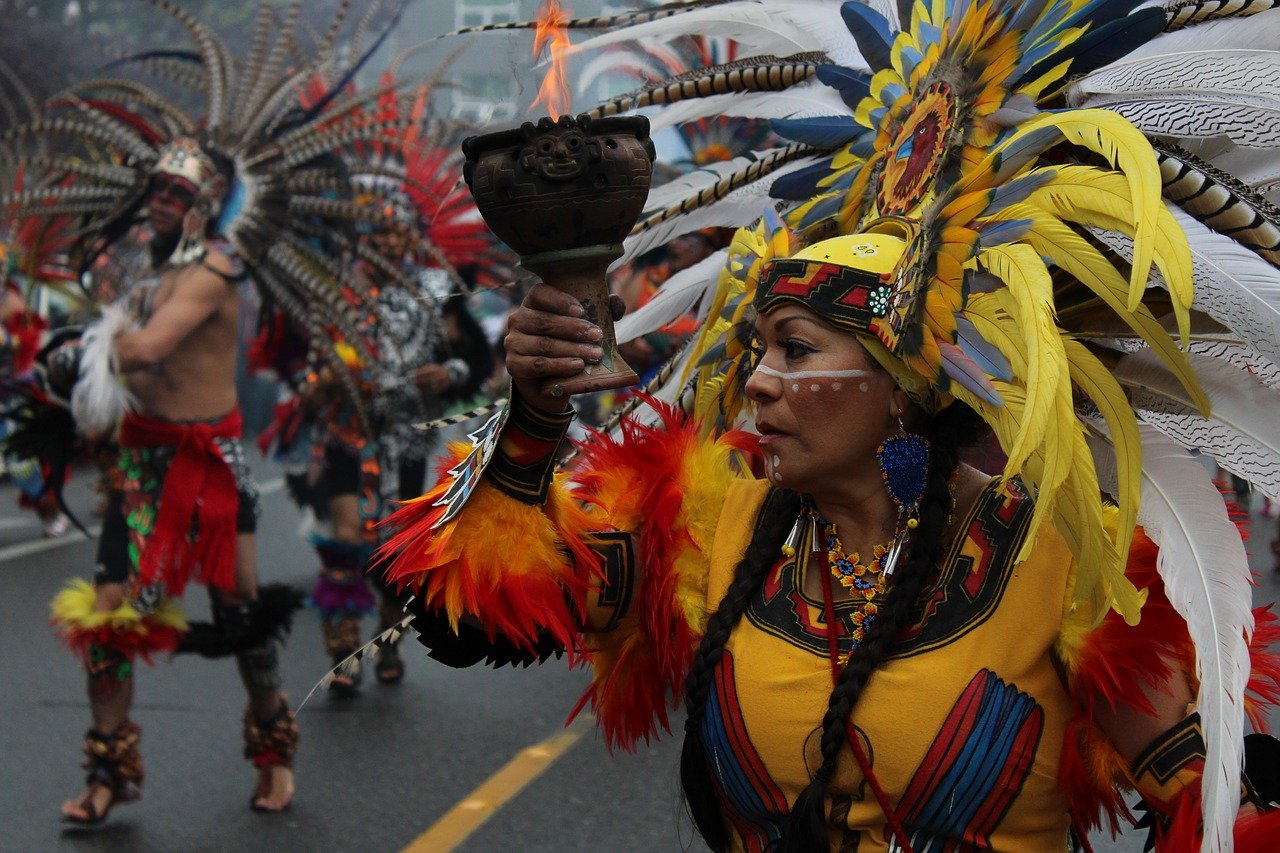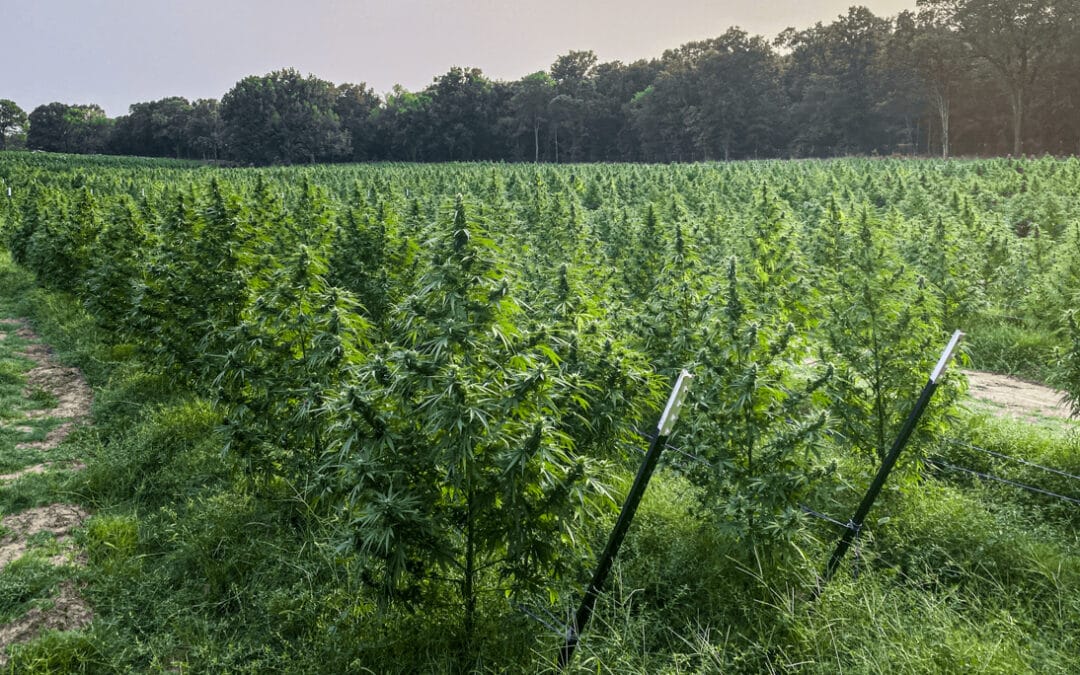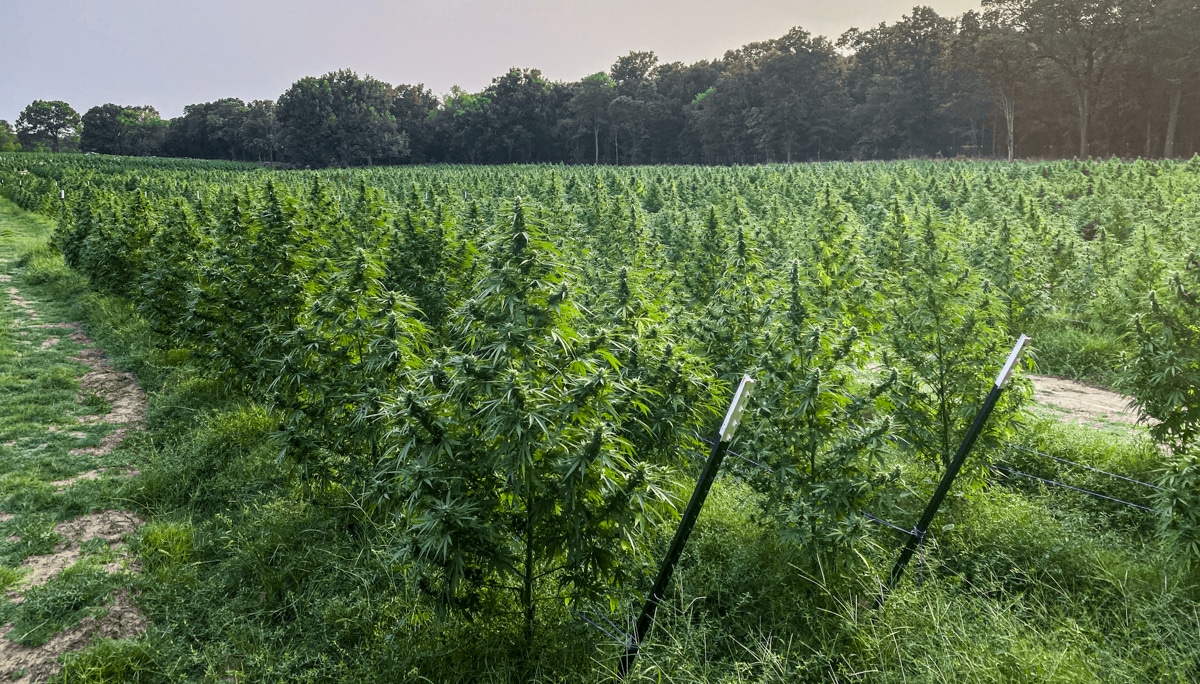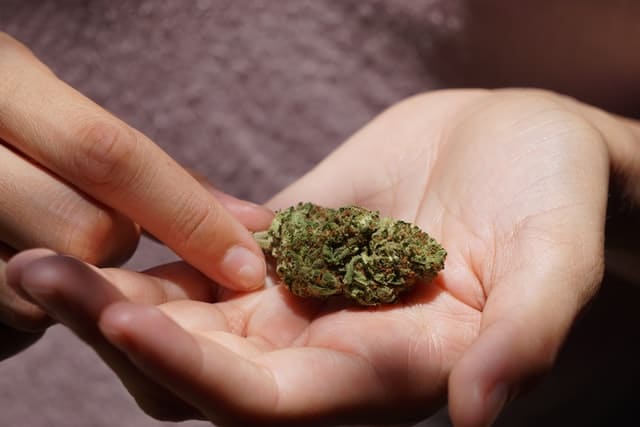Daniel Bucheli, spokesman for the South Dakota Department of Health, said the department’s ability to handle an influx of applications is due to the months of preparation that have gone into the medical cannabis program.
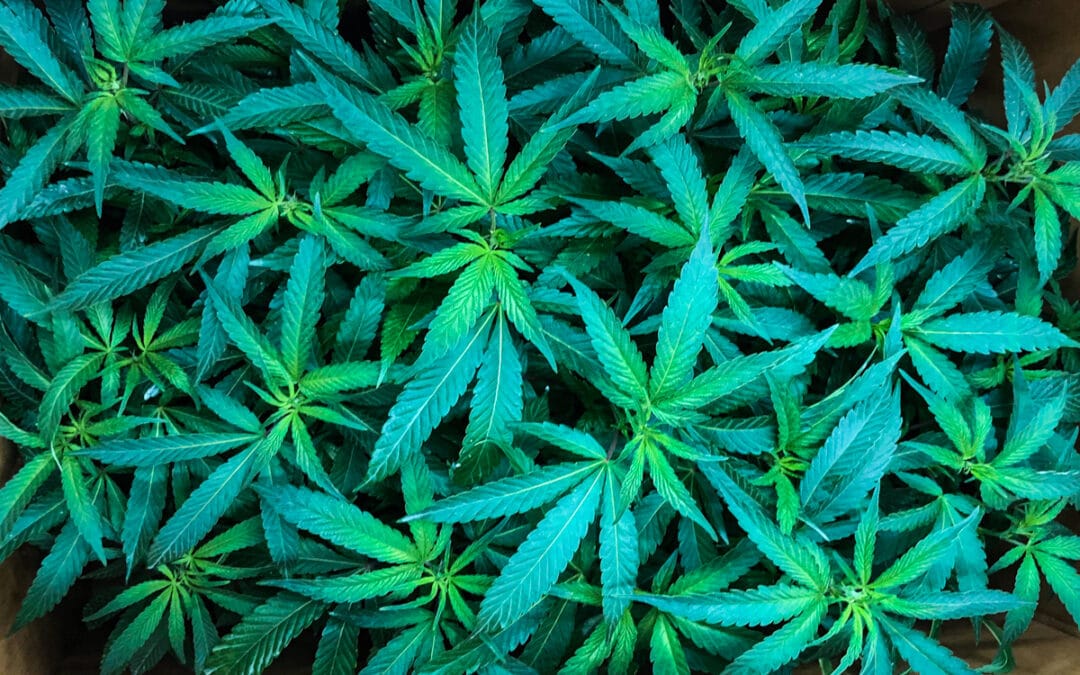
South Dakota issues first medical cannabis patient cards
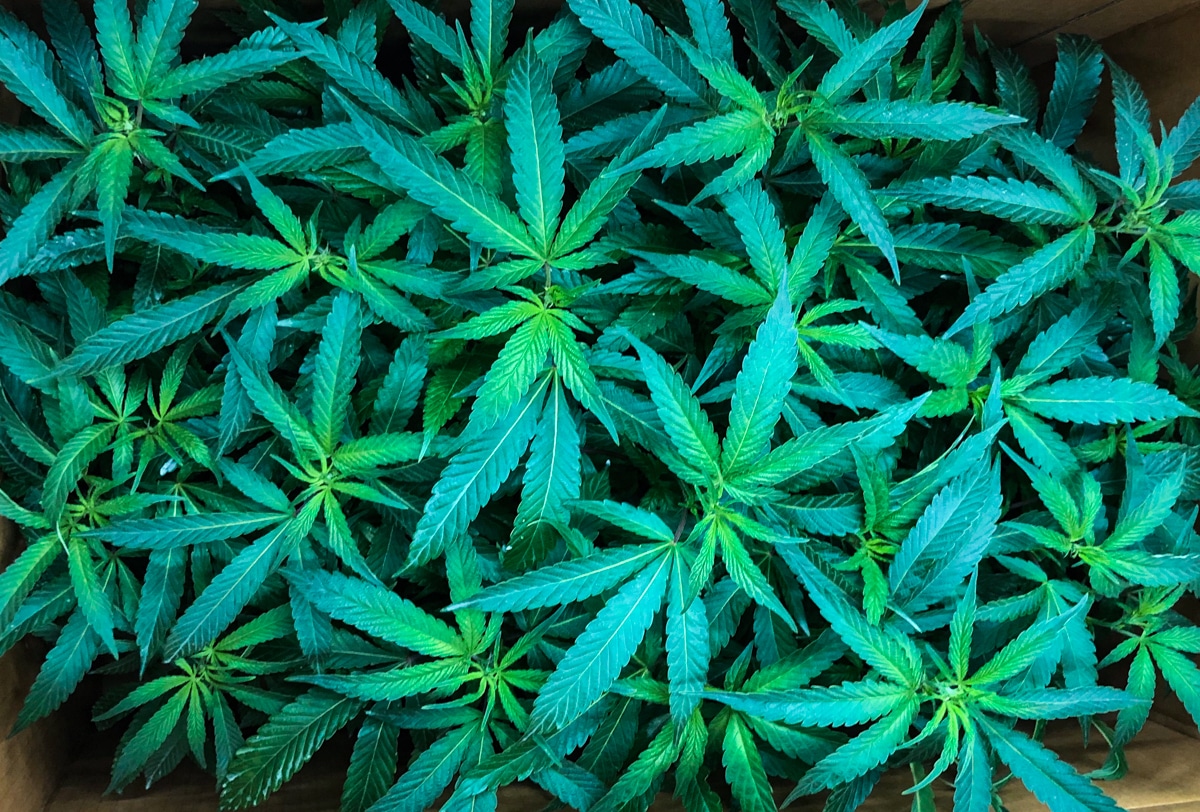
South Dakota has printed and issued the first medical cannabis patient cards and the state’s Department of Health remains confident in its capability to adjust to demand increases.
“We advise medical cannabis patients to have all their information at the ready to be submitted after their provider has issued their written certification,” he said.
The Department of Health has 15 days to process a patient medical card application from the day received, Bucheli said.
“At this time, we’ve received a handful of applications and dozens of provider enrollments. We are working on those now, and they will all be processed in accordance with the timelines established in state law,” he added.
A patient must first schedule an appointment with their physician. Then a determination is made by the physician whether the patient would benefit from the therapeutic or palliative use of medical cannabis for their condition. If yes, a medical certification is issued through the online portal for the patient. Physicians must create an account at medcannabisapplication.sd.gov to provide written certifications.
The patient will them receive an email to create an account on medcannabisapplication.sd.gov. Once compete, the patient must wait for DOH approval. Some applications, including minor patient applications, require caregivers to be registered. Caregivers will receive an email to create an account on medcannabisapplication.sd.gov.
Once complete, the caregiver must wait for DOH approval. Once the patient or caregiver gets DOH approval, a medical cannabis card will be mailed to the patient or caregiver. The cardholder may then purchase cannabis from a certified dispensary.

